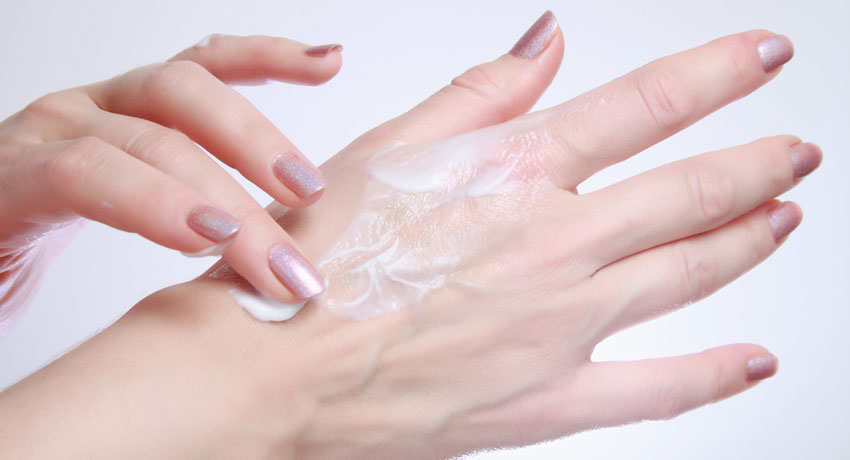Ask The Expert: Winter Skin Care Tips

Skin moisturizer image via shutterstock
The temperatures are dropping, the cold wind is kicking up, the snow is bound to start falling any day now (sorry, but it’s true). You may have noticed that your skin is starting to look and feel much drier than usual. This happens every winter, and every winter your moisturizer alone doesn’t seem to do the trick. We talked to Dr. Mathew Avram, director of Massachusetts General Hospital’s Dermatology, Laser, and Cosmetic Center for tips on how to keep a healthy glow through the cold winter months.
What is the most common misconception that people have about their skin in the winter?
I think the most common misconception is that the wind and cold weather are the cause of people’s dry and chapped skin. In reality, it’s because in the winter we’re indoors more and there’s more heat indoors. The heaters reduce the amount of humidity in the room. Without that moisture in the air our skin dries out. If you look at the heat temperature setting in a typical office or home, you’ll see that the humidity level is similar to that of a desert, which is why skin is so dry.
How can we keep our skin nourished and healthy in winter?
The number one thing we can do is recognize that we are not hydrating our skin sufficiently. When you wash your hands or take a shower in the winter, you typically use really hot water, which dries out your skin. To help your skin, after you take a lukewarm shower, wipe off the excess water on your skin, and then immediately moisturize. Your skin will absorb the moisture better that way. And just moisturize regularly in general. People tend to wait until their skin is completely dried out before they put on moisturizer, but you should do it every time you take a shower or wash your hands.
What are the dangers of waiting too long to moisturize?
If you wash your hands all the time with hot water and don’t moisturize, and you let the skin on your hands get so dry that it starts to crack, you’re making your hands vulnerable to particles getting in and irritating your skin. So you need to moisturize every time you wash your hands to maintain skin barriers against those particles.
Should we be using different moisturizers for our hands, our faces, and our bodies? Or will one lotion moisturize it all equally?
Different parts of the body require different formulations of moisturizer because the skin has different thickness on different parts of the body. The skin under your eyes, for example, is not the same thickness as the skin on the bottom of your feet. So yes, you should be using different moisturizers for different places on your body. But in general terms, any moisturizers with ceramides tend to be very effective everywhere.
Is there anything we can do in addition to moisturizing to help keep our skin hydrated?
Using a humidifier in your room to increase the humidity level is always a good idea. And maintaining healthy eating habits for the whole body will help maintain healthy skin.


